Research studies we support
Sands contributes to the funding of some research studies using money from our research fund.
We support other studies by helping to recruit participants or acting as co-applicants on funding applications. This means we are named as a member of the research group applying for funding. Our role in the group usually involves representing the views and experience of parents whose baby has died to the researchers, so that their study is relevant and their information for participants is sensitively worded and easy to understand.
Research plays a vital role in understanding why babies die, how care can be made safer and how bereavement care and support can be improved.
Find out more about our three main research areas below.
You can also find out more about all of the research studies we support via our searchable research database.
We support other studies by helping to recruit participants or acting as co-applicants on funding applications. This means we are named as a member of the research group applying for funding. Our role in the group usually involves representing the views and experience of parents whose baby has died to the researchers, so that their study is relevant and their information for participants is sensitively worded and easy to understand.
Research plays a vital role in understanding why babies die, how care can be made safer and how bereavement care and support can be improved.
Find out more about our three main research areas below.
You can also find out more about all of the research studies we support via our searchable research database.
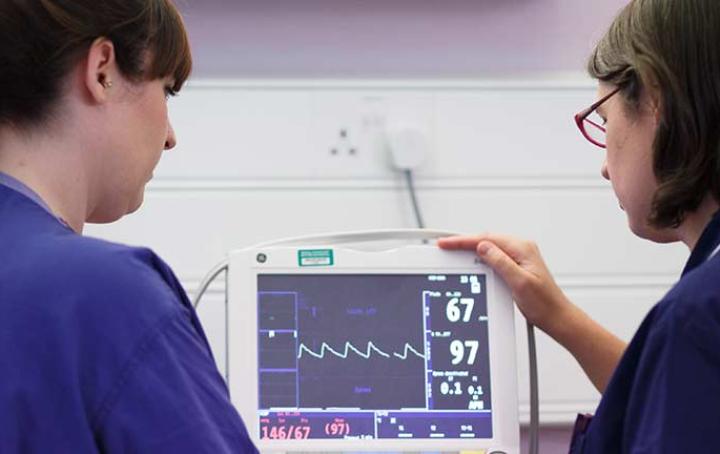
Understanding why babies die
Find out more about the research we fund and support to better understand why babies die.

Bereavement care and support
Find out more about the research we fund and support to better understand and improve bereavement care and support.
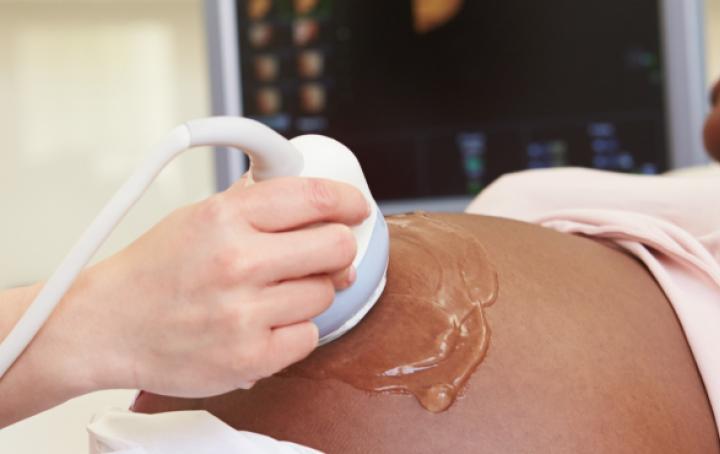
Making care safer
Find out more about the research we fund and support to make care safer for babies and families.
The following featured research studies highlight the work we have funded and supported in each of the areas above.
You can also learn more about how you can get involved or take part in research studies here.
You can also learn more about how you can get involved or take part in research studies here.
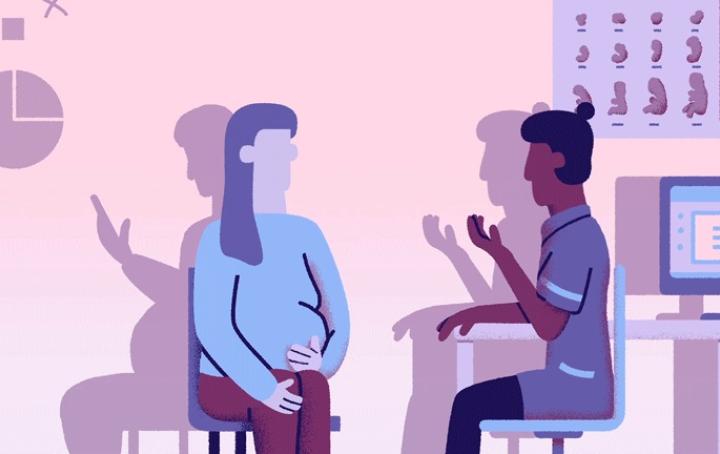
Red Flags
This Sands funded research aimed to understand how pregnant women used websites and apps to monitor and identify possible complications during their pregnancies.

Inequalities and stillbirth
Sands funded a review of inequalities and stillbirth which found that links between social inequalities and stillbirth spanned 70 years.
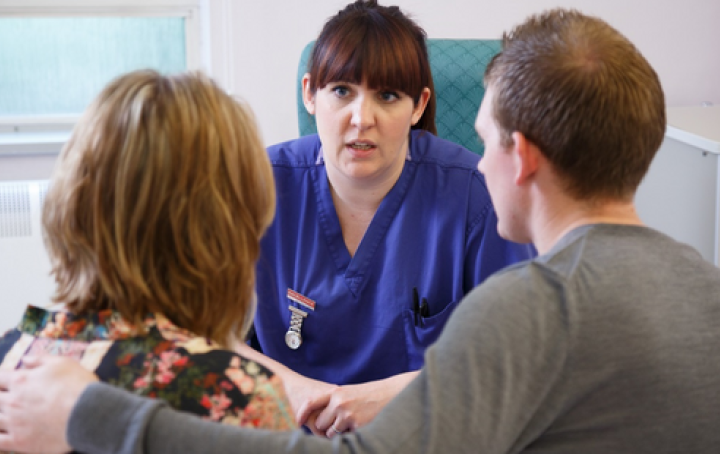
Parents and neonatal decisions
This study aims to improve communication during conversations between clinicians and parents and families about moving their baby from full intensive care to palliative care on the neonatal unit.
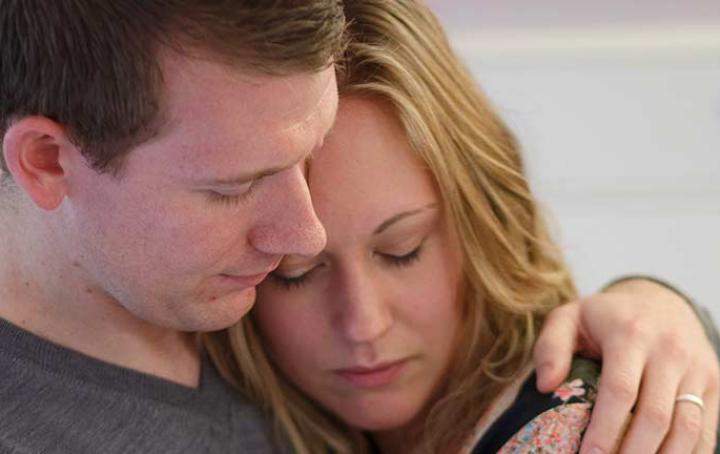
iCHOOSE
The iCHOOSE study, supported by Sands, aims to find out what the key aspects of parents’ experiences are which should be understood and measured in all research about bereavement care after stillbirth.
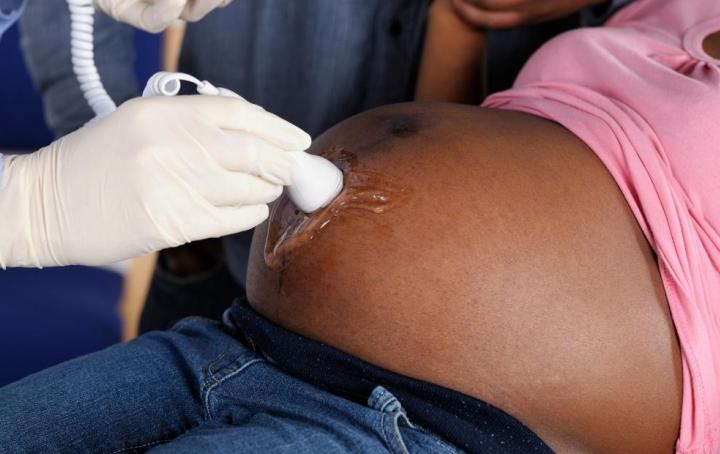
TRUFFLE 2
The TRUFFLE study aims to find out when it is best to deliver babies who are growing more slowly than expected in the womb.

DiSCERN
The DiSCERN study is looking at how to improve open discussion of incidents where families are unexpectedly harmed while receiving NHS maternity care.
Find out more about how Sands supports professionals to carry out research. This includes information on how to request our support for a research project.
